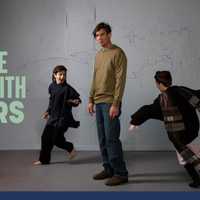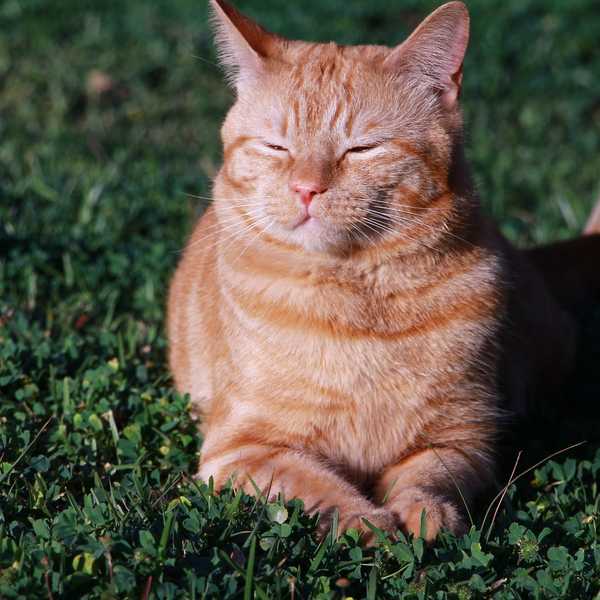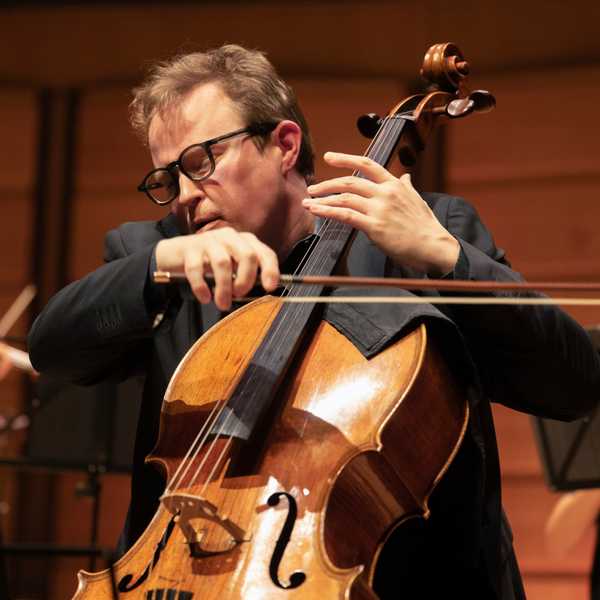Approx. 10 minute read
Shout Sister Shout is a passion project and an utter joy to work on. I am fortunate to be the first to cast my eyes over the thoughtful written responses that I’ve received from the wonder women of jazz, improvised and world music who have participated in my interview series to celebrate International Women’s Day.
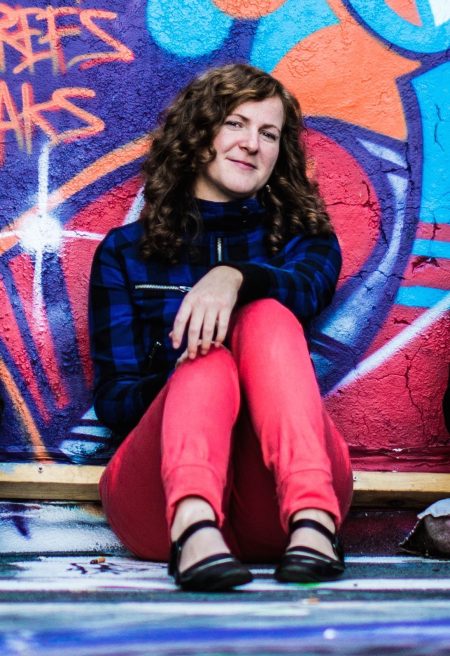
Trumpeter, composer, band director and all ‘round firecracker, Ellen Kirkwood, shares her insights into important topics such as; the power of music on emotions, how it can be used to highlight our connection to nature, and how we can address societal expectations and the gender imbalance in the music industry. She is an exceptional project juggler with many compelling programs in the works that you should definitely check out. Now, let’s check in with Ellen…
Sonia de Freitas: Hi Ellen, how are you doing and where does our interview find you today?
Ellen Kirkwood: Hi Sonia! I’m pretty good thanks! It’s Thursday morning, raining outside and I’m on the couch next to a cute little dog called Sal. I had an extremely busy start to the week and I’ve just been catching up on some admin, but I’m really excited about a gig I have tonight with Mister Ott!
SdF: Can you tell me about your journey in music? When did you know that you were going to make music your career?
EK: I come from a pretty musical family. My brother, sister and I learned instruments from an early age – I actually started on piano when I was 5. My extended family includes some accomplished musicians too. I started learning trumpet when I was 9. I didn’t actually choose the trumpet – it kind of chose me when my uncle offered to loan me his trumpet. I said yes, and the rest is history! For a couple of years I played both piano and trumpet, but I think what made me eventually decide to focus on trumpet was playing in school and community concert bands. Piano isn’t an instrument you find in those sorts of bands, so I found I was getting more enjoyment out of trumpet.
I can’t think of a defining moment when I decided, or knew, that I wanted a career in music. I think it was more that having played music from such a young age, and through playing in a lot of great bands through high school and just loving music, I couldn’t imagine not making it my life.
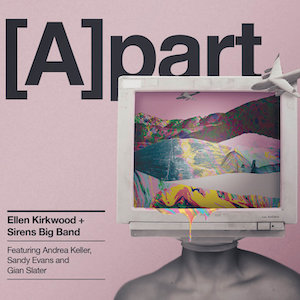
by Ellen Kirkwood + Sirens Big Band
SdF: You are one powerhouse of talent, working as a performer, composer and bandleader, some of your project highlights include YWJO, Captain Kirkwood, Fat Yahoozah and producing top notch albums such as [A]part. Can you tell me about your creative process when approaching your work? Is there anything particular you do that is special to your creative process?
EK: I guess there’s a variety of ways in which I start new compositions, and throughout the years the ones I use most have changed. For instance my processes for writing for Underwards (my current project) are very different to how I wrote for Fat Yahoozah. A bunch of my tunes came from an idea that popped into my head, maybe a melody, maybe a riff or rhythm, which I recorded myself singing using the voice memo app on my phone. I also improvise freely in my trumpet practice sessions, often over a drone, and sometimes record myself when I come across something I really like. These voice memos sometimes stay in my phone for years before I revisit them and turn them into something. There are still many waiting to be developed.
Another of my methods, which led to some of the music in [A]part and which I have used a lot in writing music for Underwards, is going out into beautiful or interesting places in nature and seeing what comes to me. Sometimes, it’s a melody that starts forming in my imagination, that I then have to sort of tease out into something clear before I sing it into my phone (sometimes the idea isn’t clear and if I try to sing it, my uncertainty turns it into something else and it’s lost before it can form fully). Sometimes I attempt to describe with music what I’m seeing, or feeling. Sometimes it’s the affect a place has on me that maybe doesn’t give me specific details, but ideas for the overall mood, or journey, of a piece.
SdF: Who is your sounding board? There must be someone that you trust to give you brutally honest feedback on your music. How do they fit into the process?
EK: Well, this is kind of embarrassing… I actually don’t have a person like that. That’s not to say I don’t ever ask for feedback, but if I do it’s fairly late in the process, when a piece is close to complete. I’ve had some great teachers who have given me extremely valuable feedback – Sandy Evans, Barney McAll and Andrea Keller to name a few. If I sent every new piece to them I’d probably become pretty annoying, so I try and remember their advice and apply it to what I’m doing. Also, often in my more recent pieces even I don’t know how they will sound until they’re played, because I’m trying to get a bit more experimental with my compositions, blurring the lines between improvisation and composition, and involving my band members more. So, I guess most often the musicians who play my music are my sounding boards, and I really welcome their feedback and input.
I guess it should also be said that I think I have a pretty strong sense of when I like my own music, and often that’s what I go by. There are pieces of music I’ve written that I have an immense emotional attachment to, and the writing of these pieces gives me an amazing high. When that happens, it doesn’t really matter what anyone thinks, although there are a select few people, people who I feel really “get” where I’m going with my music, whose feedback I will happily take on.
SdF: What was the first song that you remember making an impact in your life and why was/is it so important?
EK: Ok this is a pretty tough question. I can’t think of a piece that totally fits that description – there is no one single piece that was greatly impactful and important, but there are loads that I love. I guess one that has stuck in my mind as having a strong affect on me when I was about 9 or 10 was Gangsta’s Paradise by Coolio (a reimagining of Pastime Paradise by Stevie Wonder). Weird answer I know. And it’s not about the lyrics at all. It’s about those amazing male vocal, wordless harmonies behind the chorus, and at the very end. Something about them just got to me. The sound was just so haunting, it was almost painful to listen to, but also gripping in its beauty and expressiveness. I think I was almost afraid to listen to that song, but also completely transfixed when I did. It’s just one in a stream of pieces of music that has had an intense affect on my emotions. I guess it says something about why emotion is such an important aspect of the music I write, and probably also goes some way towards why I’m so addicted to music.
SdF: Have you experienced particular challenges as a female musician? How did you overcome these challenges and what do you think needs to change for others to avoid these challenges in the future?
EK: I think overall I’ve been pretty lucky. I have always been a fairly outspoken person, and was a bit of a tomboy from an early age. I have a defiant streak which means that if anyone ever told me, or even implied, that I couldn’t or shouldn’t do something because I was a girl, it was suddenly my mission to prove them wrong. That’s probably why a lot of the time when I was the only female I ended up assimilating and becoming “one of the guys.” So, I realise that if that’s what you have to do, it’s not very fair to the many people who are not like me.
There were certainly many times when I felt like the odd one out, or was disgusted by/felt uncomfortable hearing what some of the guys were talking about (a downside to being “one of the guys” is they forget that you might be offended by some of the things they say).
I have also benefitted greatly from some of the programs and initiatives that are addressing the gender imbalance in the jazz community in Australia, and I will be forever grateful for that. I have a lot to say about the subject of the gender imbalance in jazz. Changes need to be made on all levels, and assumptions and stereotypes need to be challenged. From the instruments we encourage children to play, to the music we show them, to the way we teach them (i.e. not treating girls and boys differently or making assumptions about what they want and like), to the role models and diversity of music we show them, to seeking out new people to play music with or hire, outside of the “easy” choices of the people we know or have heard of, to creating spaces where there are others like you and you’re not alone… I could go on. There is a lot of good work being done, but it needs to be kept up, and we need to make sure our inclusivity doesn’t just focus on one minority. And, I think the “boy’s club” mentality is on its way out too.
SdF: So, what’s on the horizon for you? Any projects you’re working on or new releases to share?
EK: Yes! My newest project is my quartet Underwards. We formed in Feb 2020, however my plans to get us off the ground were foiled by COVID. We’ve now done three performances however, including my Honours recital last year (which had no audience but was videoed). In this group I play trumpet and sing a bit, and write the music. With me is Hilary Geddes on guitar, Nick Henderson on bass and synthesizers, and Alex Inman-Hislop on drums. The music is very conceptual – for my Honours thesis and composition project I looked into nature-themed, emotionally charged music as a possible way to spark greater feelings of connectedness with nature. I believe that our society’s disconnection with nature is a large part of the reason why it’s so hard to communicate about climate change’s devastating affects, and its impact on humans, who are not separate from nature, no matter how hard some of us might try to be! Also, recently my talented director/videographer friend Aggie Switala and I made a mini documentary about [A]part.
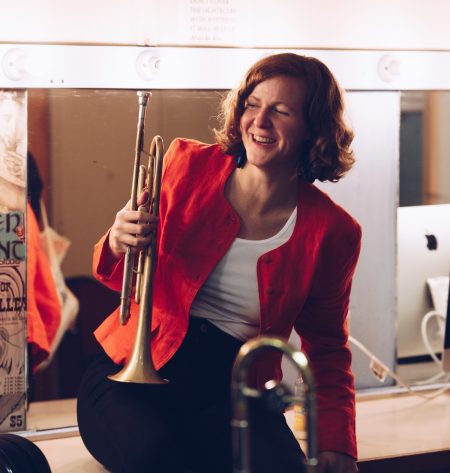
SdF: What is your most memorable performance and why?
EK: It’s too hard to name just one, so I’ll name a few! All of the performances of [A]part were pretty memorable! It’s the biggest thing I’ve ever done, by far, and just out of this world to have your music brought to life with skill and passion by a huge group of amazing people. Another one was when I played in the house band on the amphitheatre stage at Woodford Folk Festival 2011-2012, over the transition into the new year. It’s a huge stage, I was playing with amazing musicians and performers, and the crowd was massive. I also played a few gigs with Boy George. In one of those gigs I was part of his 10 piece band playing at the most extravagant wedding I’ve ever seen, by far.
SdF: Musicians come in many “flavours”; vocalists, drummers, bassists… ; if you weren’t a trumpeter, composer and bandleader (triple-scoop), what flavour musician would you want to be and why?
EK: I would be a drummer! I already play whenever an opportunity presents itself (I love hopping on the kit when one of my student bands’ drummers is absent, for instance). I just find it really fun. I think I like the physicality of it, and I’m fascinated by rhythms and enjoy the challenge of coordinating my limbs to build a groove. I also think it’s closely related to conducting, which I do a lot of.
SdF: What advice would you give to any aspiring musicians out there?
EK: You don’t have to be the best, just find what you enjoy, be imaginative, check out a broad range of music, and don’t be afraid to create your own thing. The people you play with are important in so many ways, including in their relationships with you, how others see the band, and how the music comes across. Attitude is very often much more important than ability.
To learn more about Ellen Kirkwood visit: ellenkirkwood.com
To buy Ellen Kirkwood’s music visit: earshift.com/ellen-kirkwood-sirens-big-band-apart
For more information on International Women’s Day visit: internationalwomensday.com
Keep an eye out for my next interview in the Shout Sister Shout series where I interview Zela Margossian.
Did you miss the previous Shout Sister Shout instalment? Read Andrea Keller’s interview here.
Share "Shout Sister Shout: Ellen Kirkwood (IWD 2021)"
Copy



